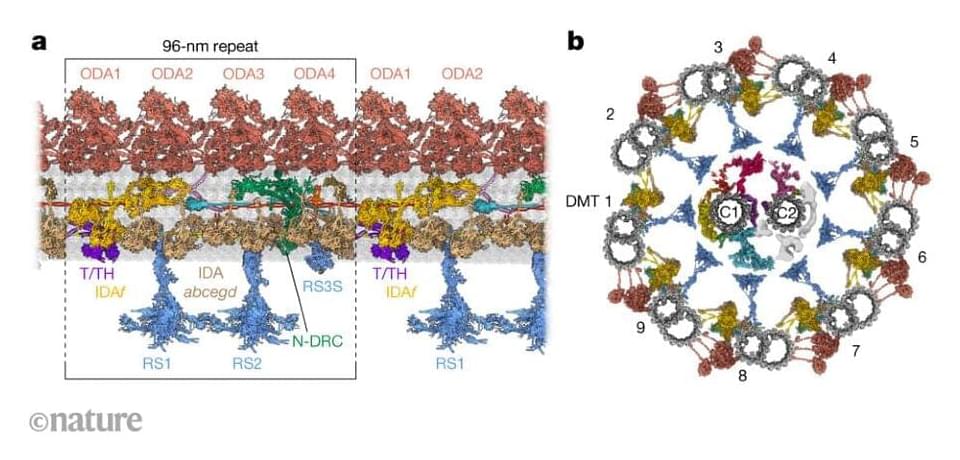PROOF THAT EVERYTHING — IS A SIMULATION (Including God)
Is this reality? Well, we’re experiencing… something right now so maybe the better question is: *what* is reality?
Could everything we see, everything we experience, everything that exists in our entire universe — be artificial?
Supporters of Simulation Theory believe that not only is it *possible* that we’re living in a simulation; it’s likely.
And the more we look for evidence, the more we find.
Philip K Dick believed deja vu was the simulation adjusting to new code. Many people experience The Mandela Effect, a or “false memory” shared by a large number of people.






